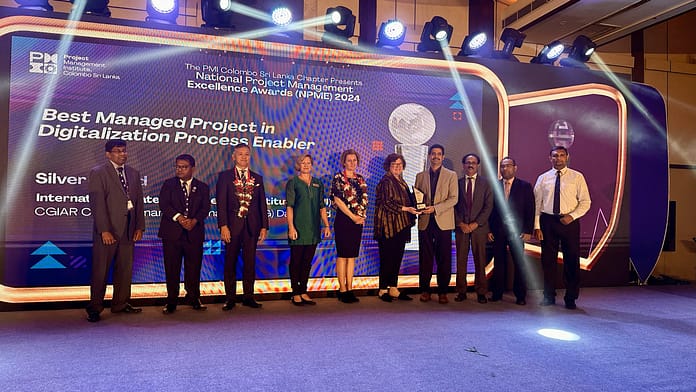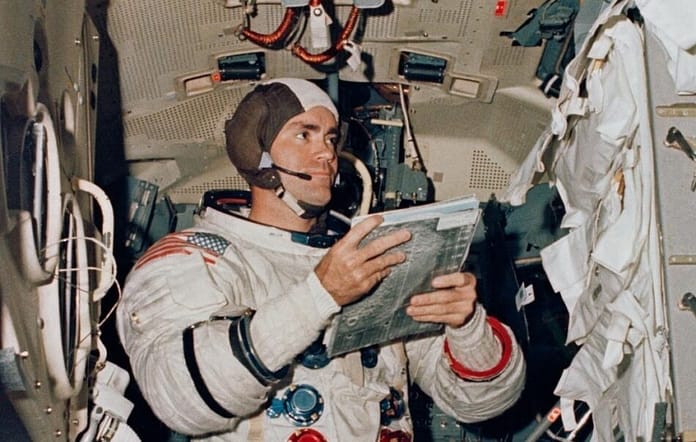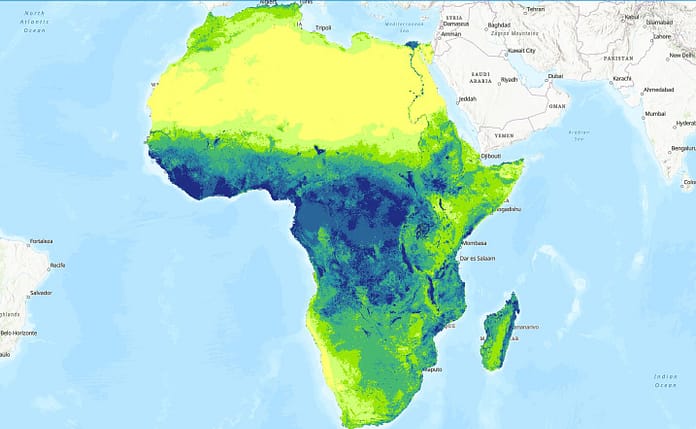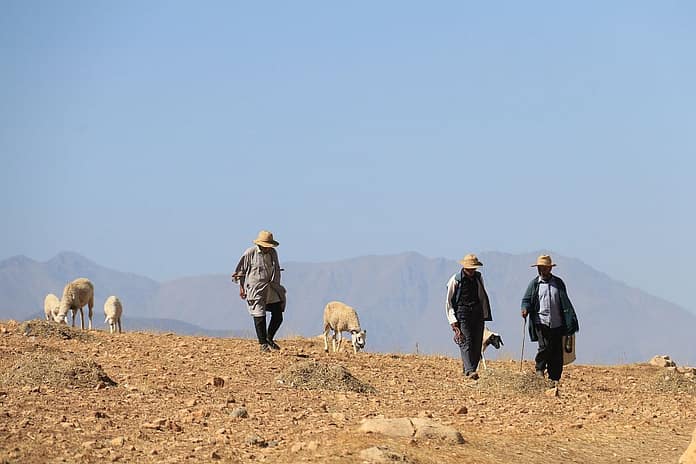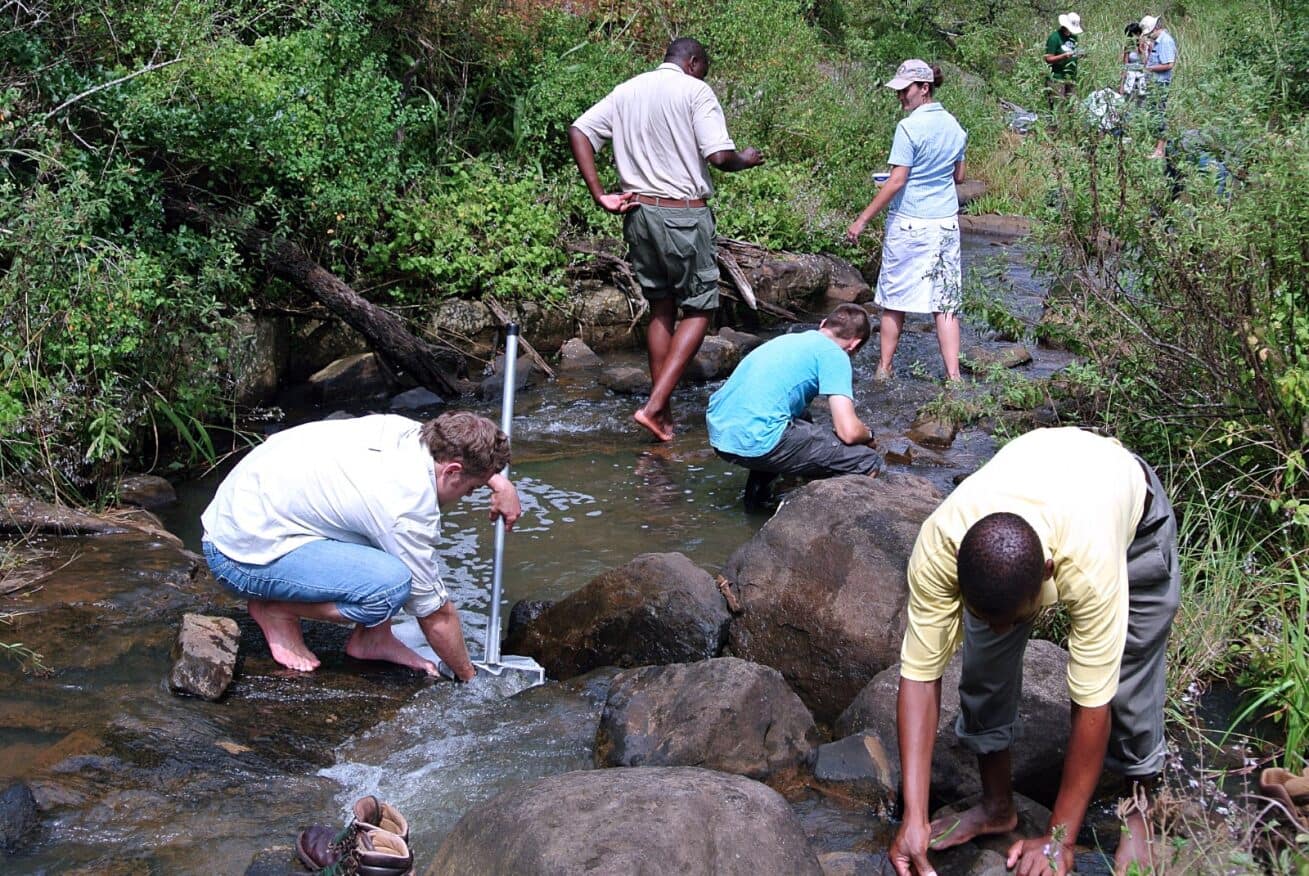
Rivers are home to small creatures known as macroinvertebrates. Some are highly sensitive to human impacts on water quality, and others less so. The presence of different macroinvertebrates in rivers can tell us how healthy a river is, and a new app means that anyone can take part in measuring this.
The mini stream assessment scoring system (miniSASS) was developed in South Africa to assesses the impact of human activity on rivers by surveying the population of aquatic macroinvertebrates in the water. The miniSASS app allows anyone to perform this assessment by using artificial intelligence (AI) to identify macroinvertebrates in photos taken with a smartphone.
With simple online training, a net, a tray and other simple tools, citizen scientists can conduct miniSASS surveys that are submitted to an online database. This contributes to a global database and map of river quality measurements available on the miniSASS website. Using these tools, you can see how rivers are impacted on a scale from Natural to Very Poor.
The miniSASS app is an open-source project developed by GroundTruth with support from the CGIAR Initiative on Digital Innovation and the International Water Management Institute (IWMI), along with partners UNICEF, and North-West University (NWU).
UNICEF South Africa has partnered with the South African Water Research Commission (WRC) and GroundTruth to upscale the use of miniSASS across the country, providing incentives for young people to participate through the Youth Agency Marketplace (YOMA). Through YOMA, young people can build up a digital CV of their positive action, receive Zlto digital tokens that can be converted into mobile data, food vouchers and other practical uses, and access training or employment opportunities.
By participating in miniSASS, you can contribute to preserving healthy rivers in South Africa and around the world while gaining valuable environmental monitoring skills. The potential of this work was recently recognized by the United Nations committee responsible for the Sustainable Development Goal on Water.
To take part, try the following links:
- Explore how to conduct a miniSASS assessment at the miniSASS website.
- Register on our platform to begin training in miniSASS.
- Access training materials and more information on the miniSASS website.
- Access training and opportunities at YOMA.
- View the source code on GitHub, the database used for training the AI model and for more details on the AI model used.


